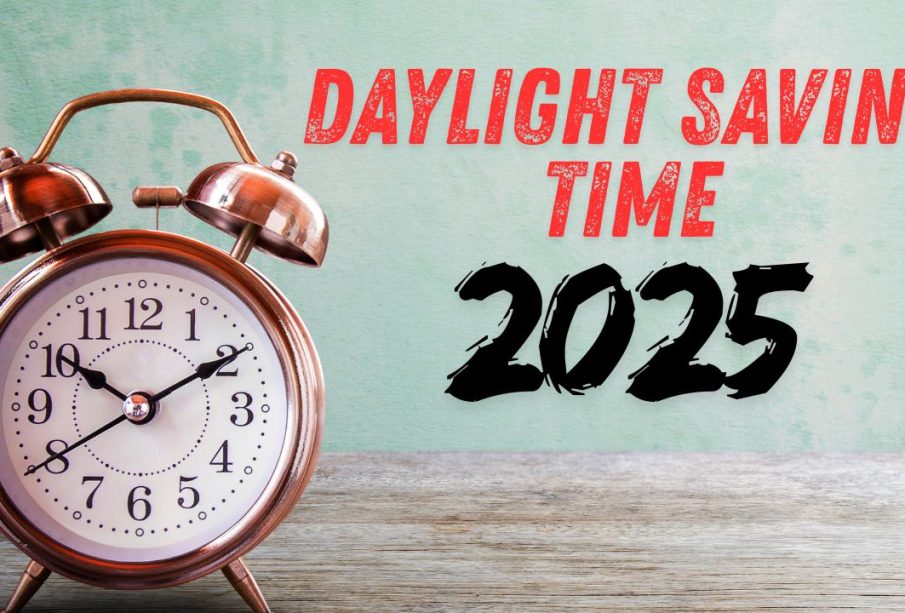Understanding Daylight Saving Time 2025: Changes and Importance

The Importance of Daylight Saving Time
Daylight Saving Time (DST) is a practice observed by many countries, including Canada, to make better use of daylight during the longer days of summer. By shifting the clocks forward in spring and back in the fall, it is intended to reduce energy consumption, enhance outdoor activities, and improve overall productivity. As we move closer to 2025, discussions about the significance and potential changes to DST have intensified.
What to Expect in 2025
In Canada, DST is typically observed from the second Sunday in March until the first Sunday in November. In 2025, this means DST will begin on March 9 and end on November 2. However, there have been ongoing debates concerning the relevance and necessity of DST, with some provinces considering a permanent switch to standard time.
Several regions in Canada, such as British Columbia and Saskatchewan, have already initiated discussions around the possibility of eliminating or adjusting DST practices. A 2023 survey indicated that more than 60% of Canadians support maintaining daylight saving time year-round, citing benefits for health and lifestyle.
Current Developments
As of late 2023, there have not been any formal changes to the legislation governing DST in Canada. However, legislators are increasingly aware of the public sentiment surrounding the potential impacts of DST on health and well-being. Studies have shown links between the time change and sleep disorders, productivity losses, and even increases in heart attacks shortly after the transitions.
Conclusion: The Future of Daylight Saving Time
As we approach 2025, the discussion around Daylight Saving Time continues to evolve. If legislative changes are made in response to public opinion, we may see a fundamental shift in how Canada observes DST. Residents are encouraged to stay informed about updates within their provinces and participate in conversations regarding the continuance or modification of this time-altering practice. Whether DST is viewed as beneficial or burdensome, its significance for scheduling, energy consumption, and lifestyle remains profound.


